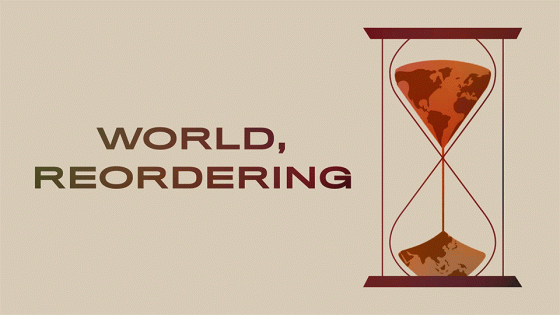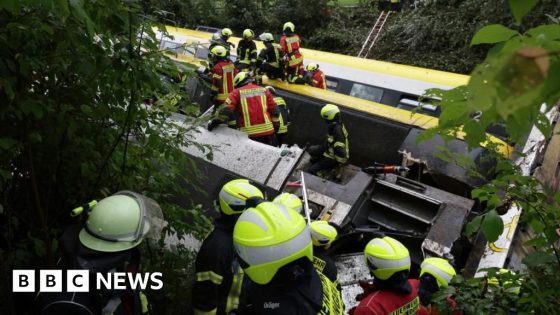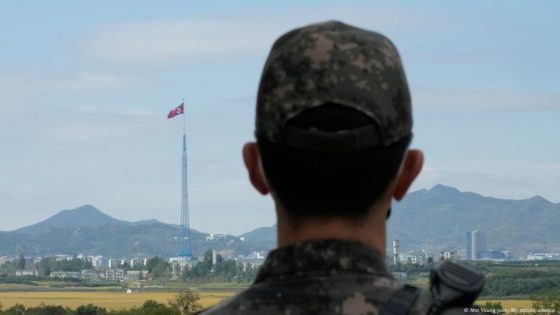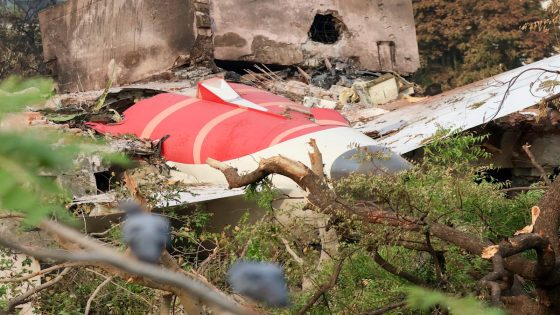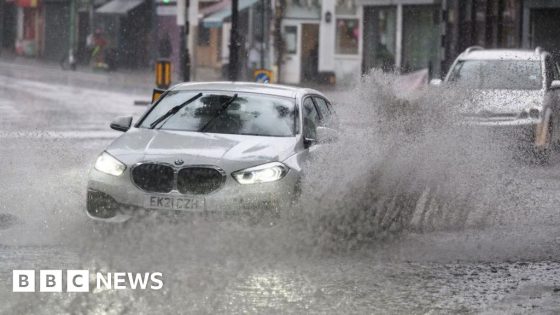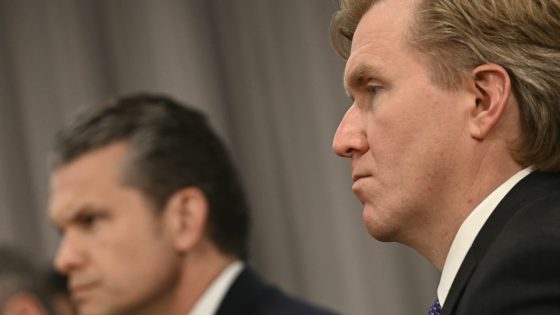The liberal international order, once a pillar of global stability, is now facing unprecedented challenges. As authoritarian regimes gain traction, the dynamics of international relations are shifting dramatically, raising questions about the future of multilateralism. On August 10, 2025, we find ourselves at a crossroads, where nations must reconsider their alliances and strategies.
- Liberal international order is fracturing.
- Authoritarian powers are resurgent globally.
- U.S. influence is waning in alliances.
- Countries seek to fill U.S. vacuum.
- New dynamics may reshape international relations.
- NPR series explores global reporting insights.
In the wake of U.S. policy changes, including President Trump’s tariffs and skepticism towards NATO, many countries are contemplating a future where they might have to “go it alone.” However, they may not be as isolated as they fear. As American influence diminishes, nations are increasingly looking to collaborate and fill the void left behind, particularly in defense and security.
This evolving landscape raises critical questions: Will nations successfully navigate this new world order? How will these changes impact global security? As countries reassess their roles, consider these key points:
- Increased collaboration among non-Western nations.
- Potential for new security frameworks outside U.S. influence.
- Impact on global trade and economic stability.
As we move forward, it’s essential for nations to engage in dialogue and cooperation to ensure a stable and prosperous future. How will your country adapt to these changes?



